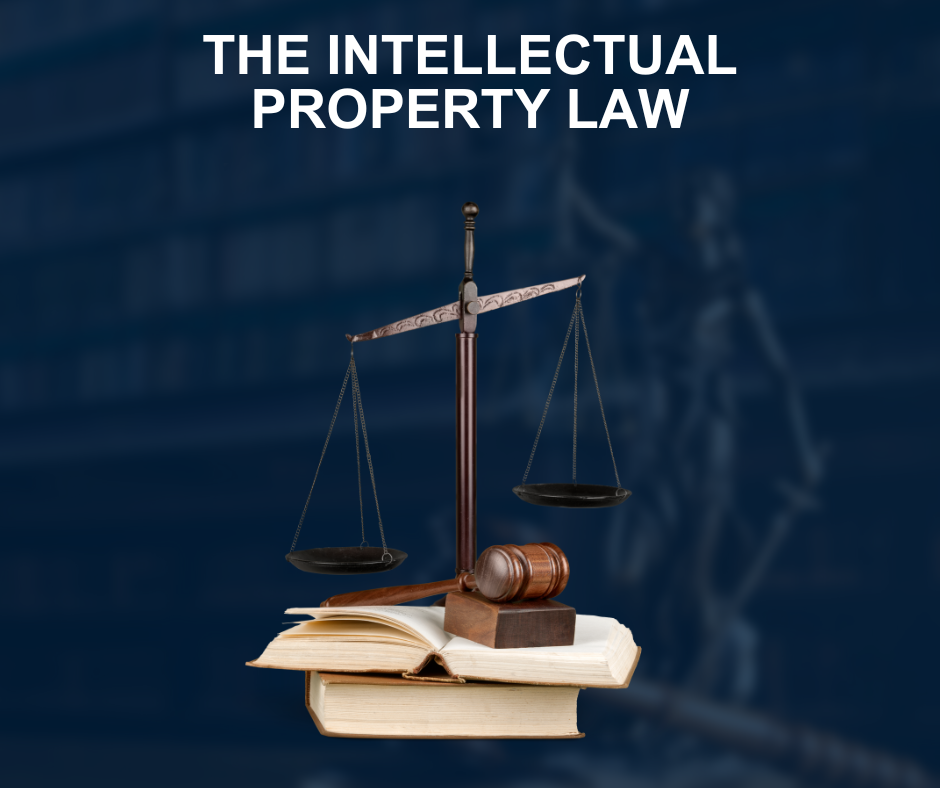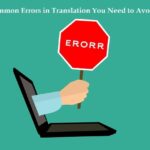Translation Rights: In the competitive world of global markets, protecting your ideas is non-negotiable. That’s why legal translation holds the key to your success. This blog unravels legal translation’s immense power in safeguarding your patents, trademarks, and copyrights. From accurate communication to compliance with legal requirements, we’ll showcase how the right legal translation office can give you the confidence to conquer new territories, expand your reach, and solidify your position as an industry leader.
Contents
The intellectual property law
Intellectual property is a legal concept granting exclusive rights to individuals or entities to create their minds or intellect.
Intellectual property laws aim to encourage and protect innovation and creativity by providing creators with incentives and rewards for their efforts.
It encompasses various forms of legal protection, including:
Patents
The U.S. Patent and Trademark Office grants patents for exclusive rights and property protection for original inventions, including processes and machines.
These legal rights safeguard inventions from unauthorized use by others and are commonly utilized by technology companies to protect their investment in creating innovative products.
There are three main types of patents:
1- Design patents:
These protect the visual aesthetics of a device or invention, such as its shape (e.g., the Coca-Cola bottle), emojis, fonts, or other distinct visual characteristics.
2- Plant patents:
These safeguard new varieties of plants, including pest-resistant versions of fruit trees.
In some cases, inventors may also seek design patents if the tree has unique visual properties.
3- Utility patents:
Utility patents constitute the most significant and earliest area of patent law. They protect products that serve practical purposes.
Also know: The role of legal translation in cross-border litigation
Trademarks
Trademarks protect various elements a company uses to distinguish its products or services, such as:
- Logos.
- Sounds.
- Words.
- Colors.
- Symbols.
Trademarks can cover a group of products, unlike patents which protect a single invention.
The Lanham Act, or the Trademark Act of 1946, governs trademarks, infringement, and service marks.
Copyrights
Copyright law safeguards the original creator’s intellectual property rights in various forms of creative expression.
Unlike patents, copyrights require tangible expression and cannot protect mere ideas.
However, original works such as speeches, poems, or songs can be written down and registered for copyright protection.
Trade Secrets
Trade secrets refer to a company’s confidential and valuable intellectual property that is not publicly disclosed.
These trade secrets often encompass formulas, recipes, or processes that provide a competitive advantage.
To qualify as a trade secret, companies must actively take measures to protect their proprietary information.
Once the information becomes publicly known, it no longer enjoys protection under trade secrets laws.
Legal translation role in protecting intellectual property rights “Translation Rights”
Intellectual property rights are subject to territorial protection and require legal recognition in multiple jurisdictions. Within this context, legal translation serves several vital functions:
Accurate communication
Intellectual property laws and regulations are highly technical and specific.
Legal translation ensures the precise conveyance of these legal concepts from the source to the target language, preventing any misinterpretation or misunderstanding that could jeopardize the protection of intellectual property rights.
Compliance with legal requirements
Intellectual property documents, such as patent applications, trademark registrations, licensing agreements, and contracts, must comply with the legal requirements of each jurisdiction.
Legal translation ensures that these documents are translated in a manner that adheres to the specific terminology, format, and legal nuances of the target jurisdiction, helping to meet the necessary legal standards.
Preserving legal intent
Legal translation strives to maintain the original legal intent and meaning of the source text while adapting it to the linguistic and cultural context of the target language.
This guarantees that the translated documents accurately reflect the rights, obligations, and protections intended by the original legal text.
Harmonization and consistency
Intellectual property rights often involve international agreements, treaties, and harmonization efforts to align legal frameworks across different jurisdictions.
Legal translation contributes to achieving consistency and uniformity in the interpretation and application of intellectual property laws, thereby facilitating international cooperation and enforcement.
Dispute resolution and litigation
In cases of intellectual property disputes or litigation, legal translation becomes crucial.
Accurate and effective translation of legal documents, evidence, and court proceedings is essential to ensure a fair and impartial legal process.
Specialized legal translators with expertise in intellectual property law can precisely convey the legal arguments, evidence, and nuances involved in such situations.
International business and transactions
Intellectual property is significant in international business transactions, including licensing agreements, technology transfers, and mergers and acquisitions.
Legal translation ensures the accurate translation of the terms and conditions of these agreements, minimizing the risk of misinterpretation or ambiguity that could lead to disputes or breaches of intellectual property rights.
Also know: The importance of accurate legal translation for international contracts
Why avoid using inaccurate legal translations for intellectual property rights?
Using inaccurate legal translation for intellectual property rights can have significant negative impacts as it can:
- Lead to an incorrect understanding of intellectual property rights, resulting in legal disputes and potential violations.
- Leave intellectual property owners vulnerable to unauthorized use, infringement, or exploitation due to a failure to convey the intended scope of protection.
- This results in poorly drafted agreements that fail to address essential clauses, leading to disputes, unenforceable contracts, and financial losses.
- Cause confusion and inconsistencies in cross-border matters, leading to disputes between parties from different legal systems and non-compliance with international requirements.
- Harm the reputation and business interests by causing rejection, delays, or cancellation of intellectual property rights, impacting marketability and investments.
- I am missing language-specific nuances results in missed deadlines or inadequate protection in certain jurisdictions.
Arkan translations services save the essence and integrity of your intellectual treasures
Your groundbreaking ideas and innovations deserve to transcend borders, reaching new horizons and captivating audiences worldwide.
That’s where Arkan translation company steps in, the best option for all your intellectual property translation needs.
Need a patent translated into multiple languages? No problem! Are you seeking assistance with translating legal contracts, licensing agreements, or research papers? Our services meet your diverse requirements, empowering you to conquer new markets and establish your intellectual footprint worldwide.
Why choose Arkan?
We don’t just translate words; we immerse ourselves in your industry, grasping the intricate nuances that define your intellectual property landscape.
When you choose Arkan Translation company, you gain access to a team of seasoned language virtuosos specializing in intellectual property translation.
Our linguists are not mere translators but master craftsmen who artfully weave words and concepts, seamlessly bridging the gap between cultures and languages.
They meticulously navigate the nuances of patent documents, copyright filings, trademark applications, and more, ensuring every detail is accurately conveyed.
Choose Arkan Translation Office, where passion, expertise, and creativity converge to shape the future of your ideas. Contact us today and embark on a remarkable journey of global success!




